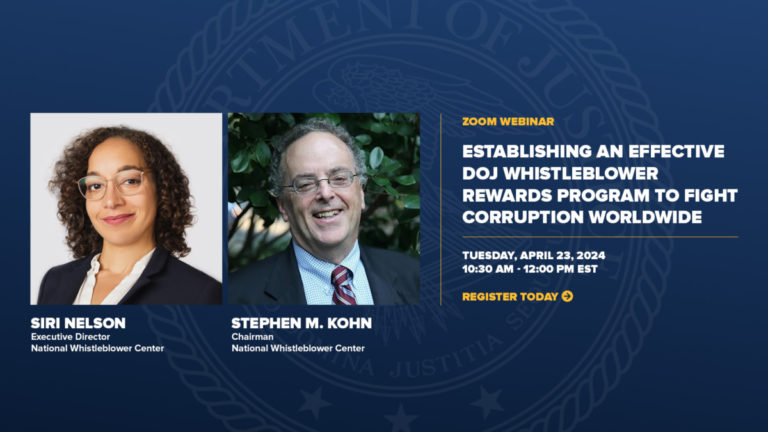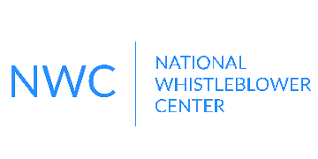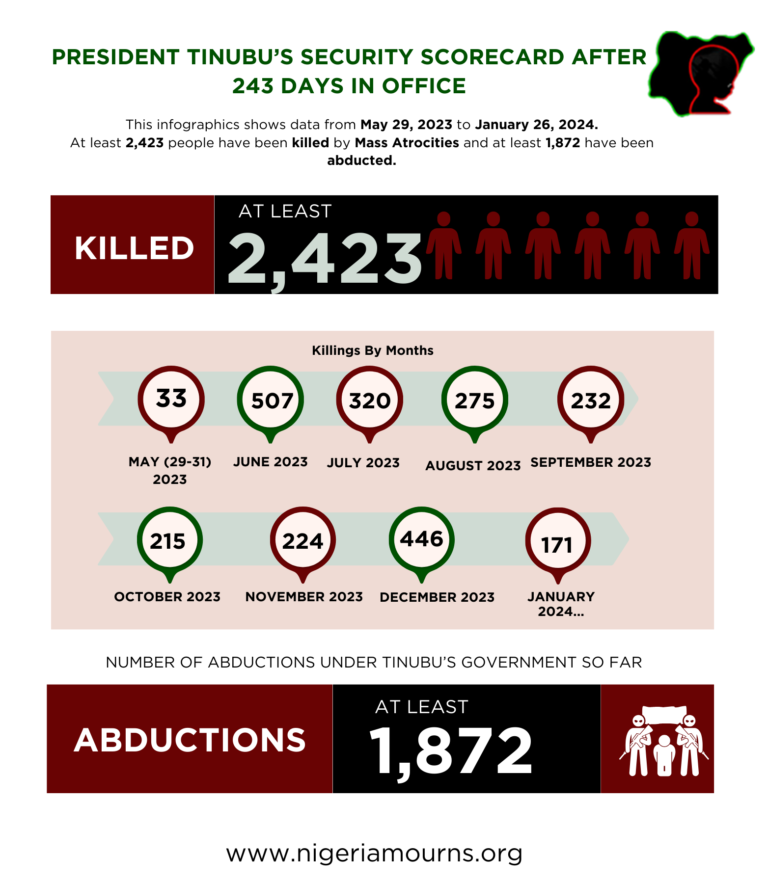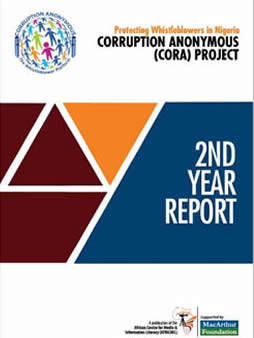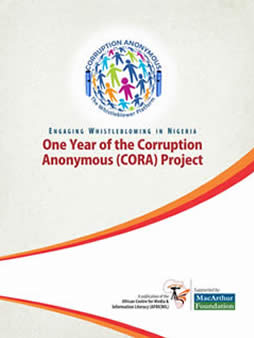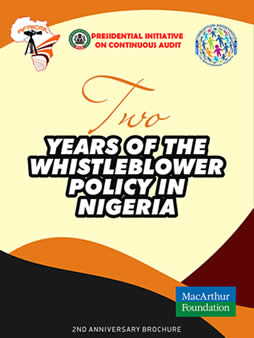Whistleblowers have a key role in protecting the public, companies and institutions from undetected corruption, mismanagement and other misconduct, and their damaging consequences. They enable early detection of wrongdoing, giving organisations the opportunity to take action before a situation causes harm to the public, triggers liability or leads to serious financial losses.
An increasing number of countries now acknowledge the important role of whistleblowers and have adopted laws to protect them, including by requiring organisations to implement internal whistleblowing systems – also known as “speak up” or internal reporting mechanisms. Such systems should provide safe channels to receive reports, protect those reporting from retaliation and guide an organisation’s response.
However, while an important step, adopting new legal obligations isn’t enough. To protect whistleblowers from retaliation, and organisations and the public from corruption and misconduct, laws need to be implemented effectively by public and private organisations – as a whistleblower in Kosovo has shown.
State institutions not following the law
In September 2022, a state employee notified Transparency International Kosovo’s Advocacy and Legal Advice Centre (ALAC) that the justice institution they worked for had not appointed an official to handle internal whistleblowing reports, as required by law. Investigating further, ALAC staff soon realised that the situation extended to other justice institutions .
In response, the chapter interviewed representatives of numerous leading justice institutions at national and local levels, including the Corruption Prevention Agency, the Constitutional Court, the Chief State Prosecutor’s Office, and the Supreme Courts. The interviews confirmed the chapter’s suspicions that other justice institutions had not appointed an official responsible for handling whistleblowing cases.
Immediate impact – but institutions need to do more
Transparency International Kosovo’s reportsharing these revelations had an impact even before its publication. Simply by requesting interviews with institutions’ legally required whistleblowing officials, Transparency International Kosovo had prompted one court and six prosecutors’ offices to appoint such officials. Following the report’s launch many more ensued and are now actively encouraging people to report corruption. With the right support, one whistleblower’s report is generating systemic change across the justice system to safeguard citizens’ rights in Kosovo.
But there is still work to do. In interviews with 18 public officials, the chapter found that the people appointed to handle whistleblower reports were not given training for their new roles. Half indicated that whistleblowing procedures in their institutions do not allow for confidentiality in whistleblowing cases, and few have informed their staff about whistleblowing rights and procedures. As a result, not a single whistleblowing case was reported to any of Kosovo’s justice institutions in 2022. This illustrates that designating a staff member or team to handle whistleblower reports and implementing internal whistleblowing systems should not be a mere box-ticking exercise to meet legal requirements.





